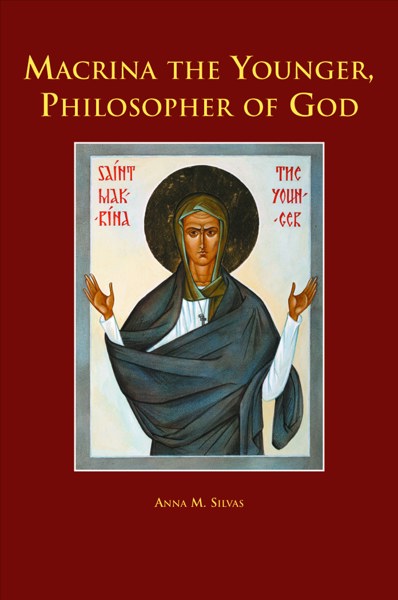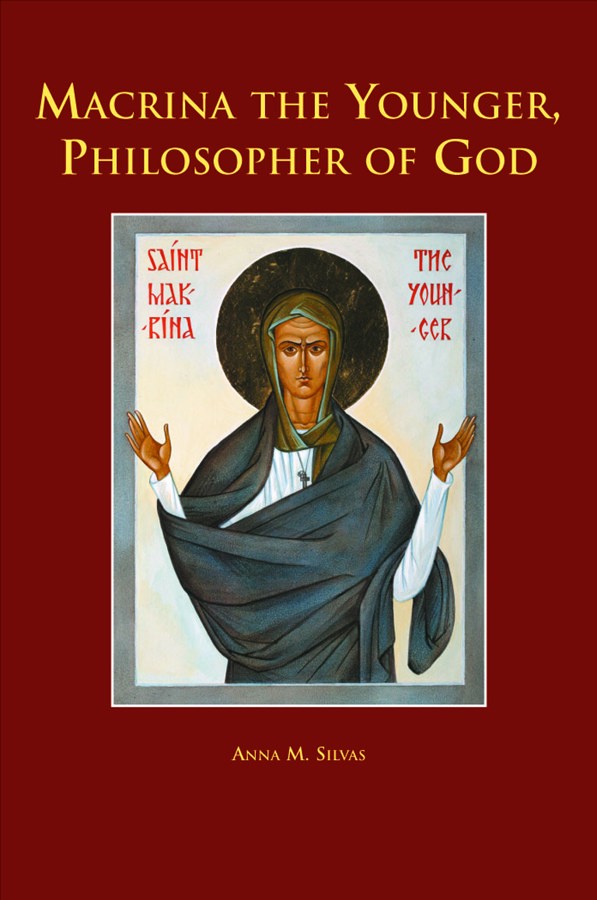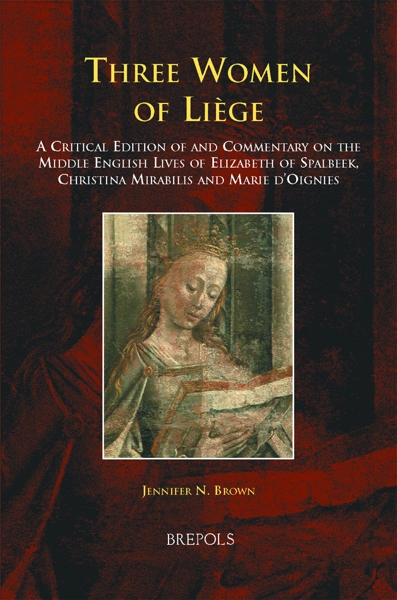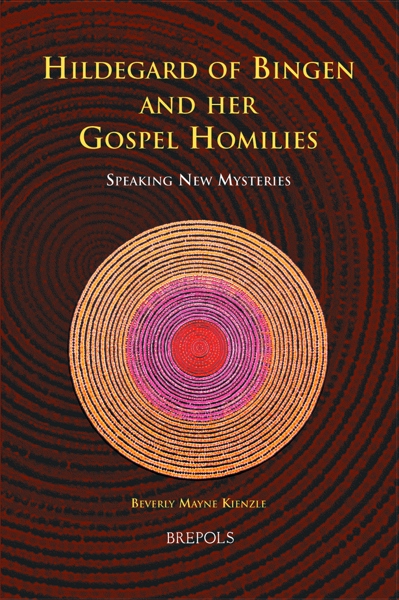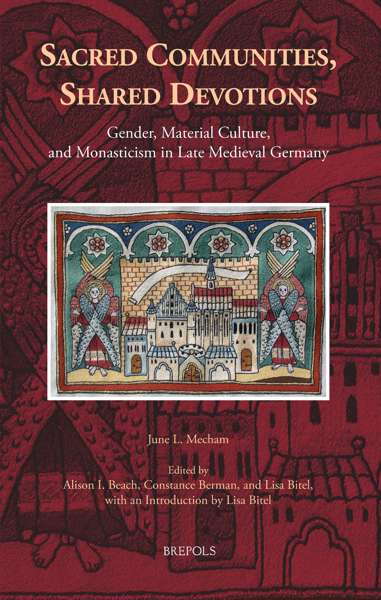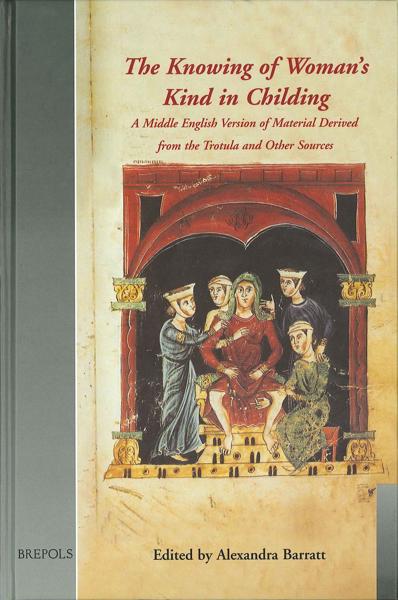
- Pages: xiv + 264 p.
- Size:160 x 240 mm
- Language(s):English, Greek
- Publication Year:2008
- € 70,00 EXCL. VAT RETAIL PRICE
- ISBN: 978-2-503-52390-3
- Hardback
- Available
- € 70,00 EXCL. VAT RETAIL PRICE
- ISBN: 978-2-503-56251-3
- E-book
- Available
This book presents new translations and introductions to all sources related to the life of St Macrina the Younger (c. 327-379).
"I do recommend it [this book] highly." (F. Lifshitz, in: The Medieval Review, 09.04.13)
This book presents St Macrina the Younger (c. 327-379), eldest sister of Ss Basil the Great and Gregory of Nyssa. All the sources of Macrina's life are gathered together, translated afresh into English, and provided with up-to-date introductions and notes. Documents include: Testimonies of St Basil, St Gregory Nazianzen's epigrams on Macrina and her siblings; Gregory of Nyssa's letter 19 which appears in English for the first time; The Life of Macrina, a jewel of fourth-century Christian biography; and the dialogue On the Soul and Resurrection in which Macrina appears as the Teacher expounding Christian doctrine with reasoned argument. The introduction shows how Macrina gradually changed the family household of Annisa into the proto-monastic community that became model of the monasticism that has come down under Basil's name.
A specially commissioned icon, a map of Central Anatolia, and a report of the author's expeditions to ancient Pontus are included.
'In contrast with those works that seek to translate the ancient texts into colloquial English with a pedestrian tone, Silvas' translations have a grand and noble quality about them that is fully fitting Gregory's rhetoric and that conveys to the reader the seriousness of the lofty subject. Silvas does not "over translate"; her translation preserves those points of ambiguity in Nyssen's writing that should be resolved (if possible) not in the translation itself but in scholarly debate'.
Warren Smith, Duke University.
